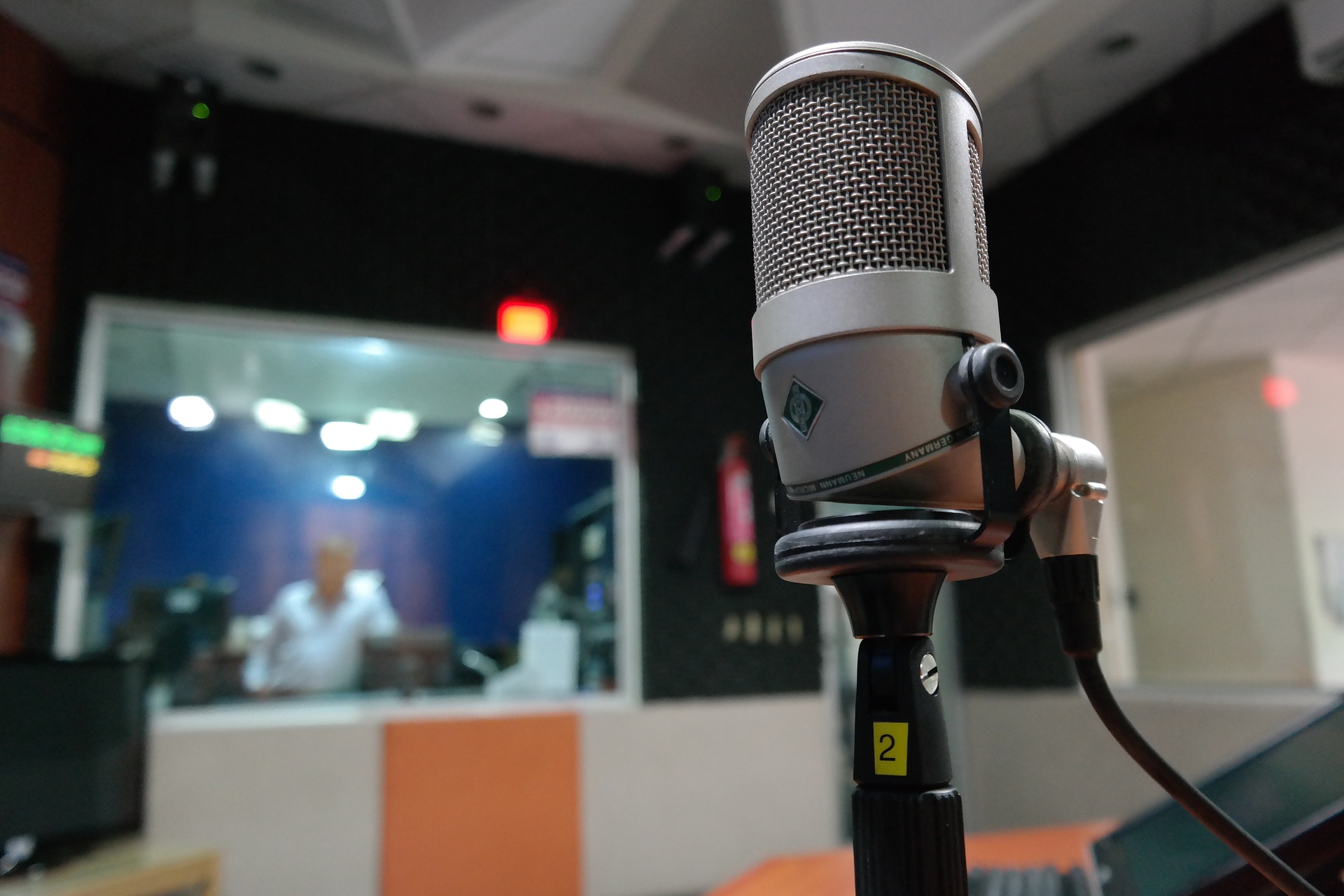February 13 is World Radio Day (WRD) as proclaimed in 2011 by the Member States of UNESCO, and adopted by the United Nations General Assembly in 2012 as an International Day.
The theme for the 12th edition of the World Radio Day, is Radio and Peace and will acknowledge that in reporting and informing the general public, radio stations shape public opinion and frame a narrative that can influence domestic and international situations and decision-making processes.
UNESCO says radio can indeed fuel conflict but in reality, professional radio moderates conflict and/or tensions, preventing their escalation or bringing about reconciliation and reconstruction talks.
On World Radio Day 2023, UNESCO will highlight independent radio as a pillar for conflict prevention and peace building, saying that this is the reason why support to independent radio has to be viewed as an integral part of peace and stability.
13 Ideas for Celebrating 13 February 2023
- Radio the Peacemaker: What impact did radio have during any conflict that once happened in your country, region or community? What stories do listeners still recall? Would your radio station be able to sketch a declaration for peace with your listeners? Carry out calls-in or vox-pops and share your listeners’ perspectives on radio and peace.
- The Sounds of Peace: Which are the sounds listeners associate with peace? A river flowing? Traditional chants? The tweet of birds? Echoing cliffs? Make a poll and broadcast the sounds! Alternatively, focus on songs of peace – but do not just play them, talk about them. Review related albums, concerts, festivals …
- Radio Rescue : How does radio assist in reducing tensions or conflict by proving false news wrong? Take a conspiracy rumour or theory presently circulating on websites or social networks and examine it against facts, data and records together with your listeners. Analyse how likely they are to be true and, if false, how the falsehood possibly started.
- From Our Granary: Rebroadcast old interviews or programs which demonstrate the power of radio in peace-building and conflict prevention, or exchange broadcasts with other local and regional radio stations. Use the sound archives of libraries if yours is unavailable! This will go particularly well if your radio station targets Baby Boomers[1] or generation X[2].
- Game is Up: So your radio station targets generations Y[3] and Z[4] instead, and you wish to talk about peace? Discuss recent video or box games they have been playing. What are the aims and scores? What are the expected abilities and performance? How does it all relate or unrelate to peace? Seek your listeners’ thoughts on the slang words used in gaming: steamroll, ragequit, swipe, square up, throw down, etc.
- The Radio Bookshelf: Host a talk show reviewing books or magazines that bring home stories of disarmament, demobilized soldiers, reintegration, reconciliation, co-existence, solidarity, community healing, post-war rebuilding … Discuss peace and stability through them.
- Learning to Live Together: Cover local and foreign culture and arts to enrich each other’s experience and understanding. From this angle, review exhibits, TV shows, plays and films but also food and drinks, travel, fashion and dress codes, interior decoration, traditions and attitudes, etc. What about going out of your studio for this show? Or making a quizz for your listeners?
- Sporting Radio: Fair play, team-spirit, integrity, respect, discipline … there are so many peace values in sports! Your radio station can relay them when reporting on the latest results and news. Include these values in your sports commentary, even in live broadcasts!
- Energizing Listeners: What do you offer listeners when they tune in early morning? How do you get them ready for their day ahead? Prepare a breakfast show with news about what is happening, helping listeners get informed about public affairs, but offer balanced reporting, fair representation of members of society and solutions – reveal not only shortcomings but also effective measures. Include friendly chatter.
- Distribution at Stake: Talk with your listeners about devices they use to listen to the radio and derived satisfaction. How do they assess access to information? Why do they enjoy listening from them? How do they address loudness? What could happen if they only rely on podcasting and Internet Radio? And would they buy a car if it did not have broadcast radio?
- Newsrooms Set the Tone: Review your editorial housestyle and employment policies in a no holds barred discussion. Why is your radio station’s independent reporting absolutely critical to peace? How is the station contributing to good governance and the rule of law? In which way does staff diversity influence content? Prepare your radio station’s peace value or statement.
- Unforgettable: Recounting narrative experiences of those mostly affected by the conflicts in their countries, regions or communities, can serve listeners as an emotional outlet and remind all of our common humanity. Your radio station can give a voice to refugees, returnees, internally displaced people – as well as to victims of discrimination and crime. This type of radio programmes requires high editorial and journalistic standards so as not to encourage violence and revenge but peace and democracy.
- In the News: Journalists and diverse opinion leaders from civil society can analyse what different radio stations, newspapers and online publications have said and written about Radio and Peace on World Radio Day in the run up to and actual day .

